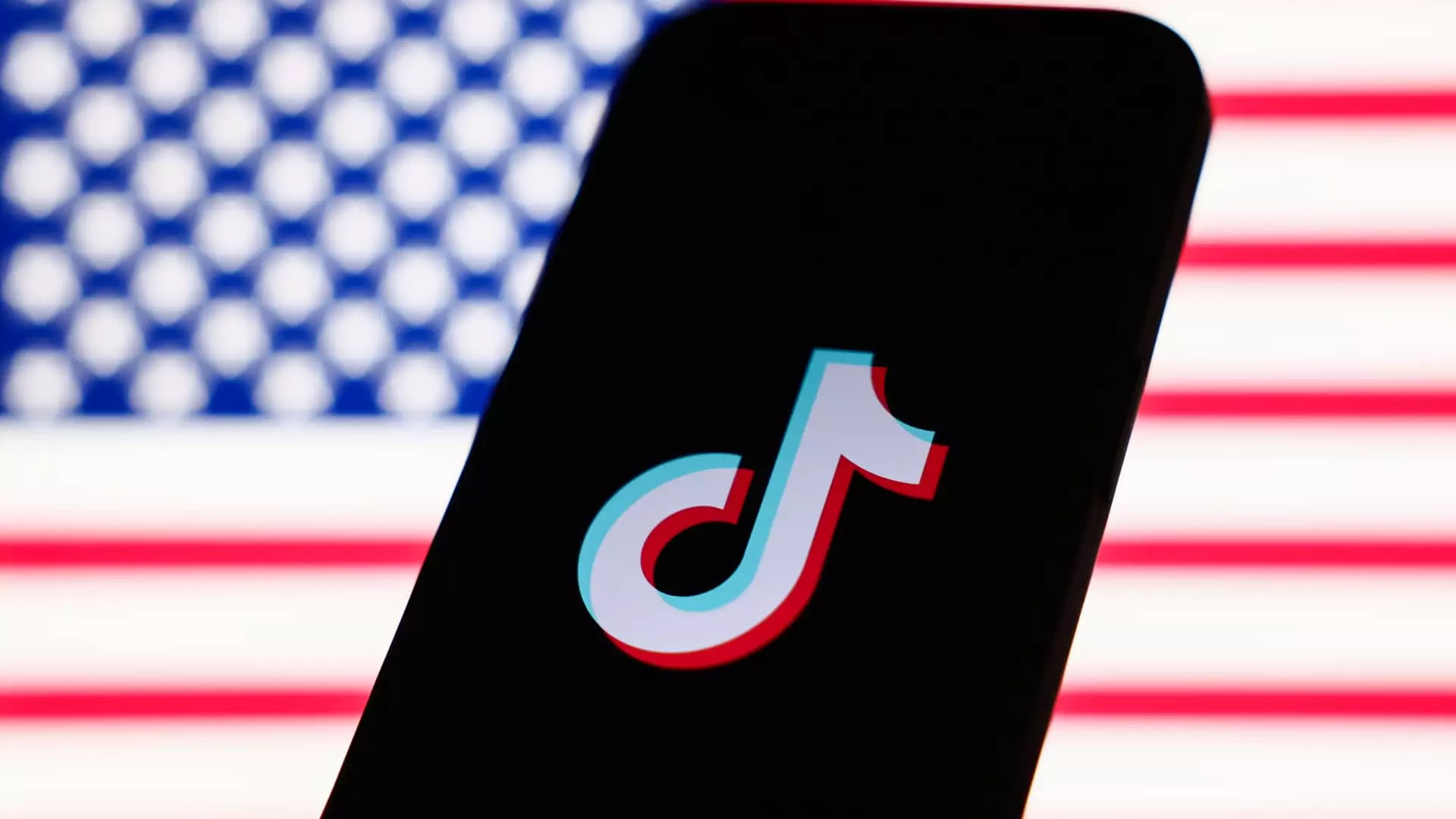In the rapidly evolving landscape of social media and digital platforms, the battle for ownership of TikTok’s U.S. operations presents an intriguing case study in corporate strategy, national security implications, and the dynamics of valuation amidst regulatory scrutiny. As global players like Elon Musk contemplate massive investments—potentially exceeding $50 billion—for TikTok in the U.S., it raises pertinent questions about market valuation, geopolitical tensions, and the future of one of the most popular platforms in the world.
Recent estimates suggest that TikTok’s U.S. operations are likely valued between $30 billion to $50 billion. This valuation is significant yet reflects a decline from previous high-water marks due to emerging national security concerns and fluctuating industry multiples. For instance, back in March 2024, TikTok’s valuation hovered around $60 billion, largely influenced by its burgeoning user base, which boasts approximately 115 million monthly consumers—trailing only behind Instagram. These figures underscore TikTok’s influential position in the marketplace, ahead of competitors like Snapchat and Reddit.
CFRA Research Senior Vice President Angelo Zino’s valuation analysis indicates that the TikTok app isn’t just another player in the social media arena; it’s a leader with substantial influence. However, this influence is now clouded by potential regulatory hurdles. The Biden administration’s national security legislation poses considerable risks for TikTok’s future, both for its operations and its attractiveness to potential acquirers.
At the root of the discussion around a potential sale lies the U.S. government’s persistent fears regarding data privacy and the potential influence of the Chinese government over TikTok’s parent company, ByteDance. Analysts note that any prospective buyer might struggle not only with the acquisition price but also with the overwhelming regulatory scrutiny attached to the transaction. The core issue transcends mere business; it involves geopolitics and public trust. Without securing assurance from the U.S. government about data privacy measures, any acquisition could be in jeopardy, further complicating the buying process for prospective large-scale investors.
Indeed, even a consortium led by prominent business figures, such as billionaire Frank McCourt and investor Kevin O’Leary, has expressed willingness to engage in negotiations, proposing a bid around $20 billion—far lower than some earlier estimates and notably excluding TikTok’s proprietary recommendation algorithms. This decision emphasizes the challenging reality: without extensive knowledge of the app’s algorithms, a buyer could struggle to optimize TikTok’s ad revenue potential, reducing its long-term viability.
The dynamics of acquiring TikTok are fraught with challenges. For one, the market for prospective buyers isn’t just limited to tech giants; it includes various consortiums of investors with differing financial motives and capabilities. Elon Musk’s rumored interest brings a high-profile element to the mix, but not every bidder can shoulder the hefty price tag associated with a national security-tinged acquisition.
Moreover, the likelihood of finding a buyer capable of negotiating both the substantial upfront costs and navigating the maze of data privacy regulations remains slim. Such regulatory constraints might impede any acquirer’s ability to drive strategic growth, such as expanding TikTok’s advertising business, critical for its financial sustainability.
As the deadline approaches for potential decisions surrounding TikTok’s future in the U.S., various stakeholders must prepare for a landscape likely shaped by both market valuations and geopolitical strategies. The potential sale of TikTok’s U.S. operations has implications that extend beyond immediate financial assessments; it reflects a broader discourse on user data privacy and regulatory accountability in the digital age.
Ultimately, whether TikTok remains standalone or transitions to new ownership, the essential question lies in its ability to navigate ongoing scrutiny while sustaining its massive consumer engagement. Consequently, as entrepreneurs and investors strategize their next moves, the stakes are not merely financial; instead, they reflect a critical intersection of technology, data ethics, and global relations.


Leave a Reply